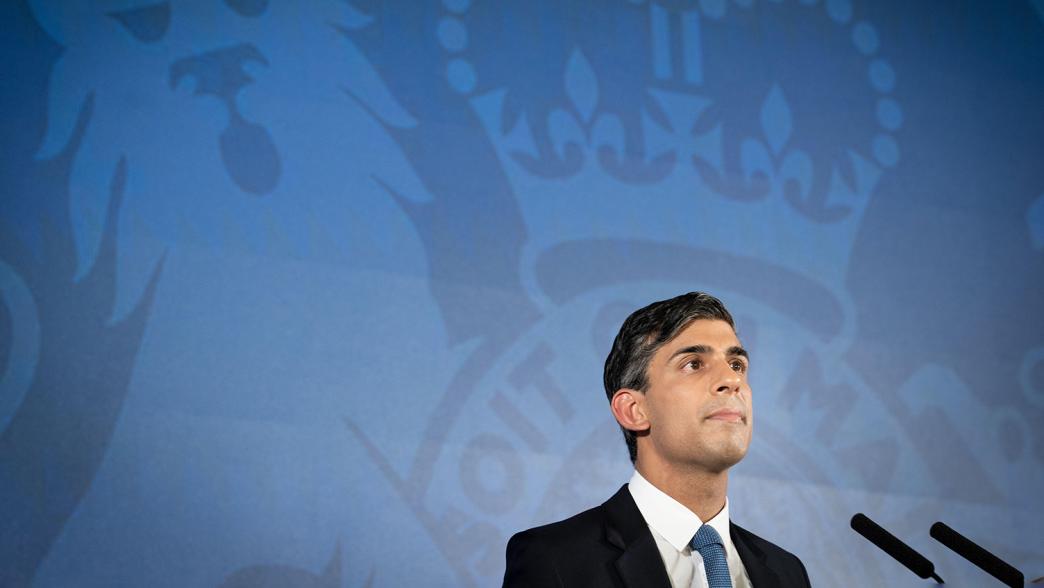As the U.K. adjusts to the new political landscape following a historic general election, there are pressing issues facing the government, particularly regarding the creative industries. With Keir Starmer stepping in as the new Prime Minister, replacing Rishi Sunak, and the Labour Party’s focus on rejuvenating the creative sector, there is significant anticipation and hope. This article delves into the challenges ahead for the new government, the importance of the Culture Secretary’s role, and the broader implications for the U.K.’s entertainment industry.

The New U.K. Government: Key Objectives and Challenges
The Labour Party’s Creative Industries Sector Plan
Keir Starmer and the Labour Party have outlined their vision for the creative industries through the Creative Industries Sector Plan published in March. This plan emphasizes:
- National Growth and Cultural Access: The plan aims to boost growth across the country and ensure broader access to cultural experiences.
- Diversifying Audiences and Workforce: A focus on diversifying the audience base and the workforce to reflect the nation’s diversity.
- Enhancing Creative Education: Strengthening creative education and skills development to support future talent.
These objectives reflect a commitment to rejuvenating the sector, which has faced considerable challenges under previous administrations.
Financial Hurdles for the New Cabinet
The new Chancellor, Rachel Reeves, inherits a series of financial obstacles that include:
- Economic Uncertainty: The effects of Brexit, the Ukraine-Russia conflict, and the ongoing ramifications of the COVID-19 pandemic have created an unstable economic environment.
- Austerity’s Legacy: The legacy of austerity measures imposed by the previous Conservative government, which led to significant cuts in public funding, still impacts the sector.
The Conservative Legacy: Achievements and Shortcomings
Support from the Right-Wing Government
Despite the challenges, the Conservative government had made some notable contributions:
- Media Bill: The media bill introduced during their tenure aimed at maximizing the potential of British radio and television, providing public service broadcasters (PSBs) with greater flexibility.
- Tax Incentives: In March, then-Chancellor Jeremy Hunt announced a 40% corporate tax break for film and TV studio facilities extending to 2034. Additionally, a 40% independent film incentive and an increased incentive for visual effects were introduced.
These measures were designed to stimulate growth in the creative industries and ensure the U.K. remains a competitive location for international productions.
Criticisms and Instability
However, the Conservative government faced criticism for:
- Funding Cuts: Significant cuts to the Department for Culture, Media, and Sport (DCMS) budget, which was reduced by 24% from 2010 to 2015.
- Threats to the BBC: Boris Johnson, Sunak’s predecessor, proposed cutting the BBC’s license fee, jeopardizing the funding of a key public broadcaster.
The Role of the Culture Secretary: More Than Just “Minister for Fun”
A Historical Perspective
The position of Culture Secretary, historically deemed as the “Minister for Fun,” has often been undervalued. The role encompasses responsibility for:
- Arts and Culture: Overseeing arts, culture, broadcasting, sports, tourism, and museums.
- Infrastructure Support: Ensuring the BBC and other institutions that support the creative sector are adequately funded and maintained.
Recent Instability
The constant turnover of Culture Secretaries—12 in 13 years—has contributed to a perception of instability within the role. This instability affects:
- Funding and Support: Reliable funding and support for essential cultural institutions and creative sectors.
- Strategic Planning: Long-term strategic planning for the creative industries, which has been inconsistent.
The Creative Sector’s Current State: Equity’s Perspective
The Impact of Austerity
Paul W. Fleming, General Secretary of Equity, highlights three core problems exacerbated by over a decade of Conservative rule:
- Austerity Measures: The period of austerity severely impacted the availability of funds for subsidized theater and creative arts.
- Reduced Investment: There has been a noticeable reduction in investment in the creative sector, which is crucial for maintaining the talent pipeline and cultural infrastructure.
The Importance of Investment
Fleming emphasizes that investment in the creative industries yields significant returns:
- Economic Impact: For every pound invested, about five to eight pounds are returned to the local economy.
- Cultural Enrichment: Investment supports the development of new ideas and maintains a world-leading talent base.
Moving Forward: What the Labour Government Can Do
Addressing Financial Challenges
The Labour government must address the financial instability inherited from the previous administration by:
- Increasing Funding: Restoring and increasing funding to support the creative industries.
- Long-Term Planning: Implementing a long-term strategic plan to stabilize and grow the sector.
Supporting Workers’ Rights
Labour is expected to focus on improving workers’ rights, contrasting with previous Tory policies that introduced restrictive rules:
- Support for Low-Wage Workers: Advocating for fair wages and better working conditions for behind-the-scenes workers in the industry.
- Promoting Rights and Freedoms: Reversing restrictive rules on industrial action and protests to support worker advocacy.




